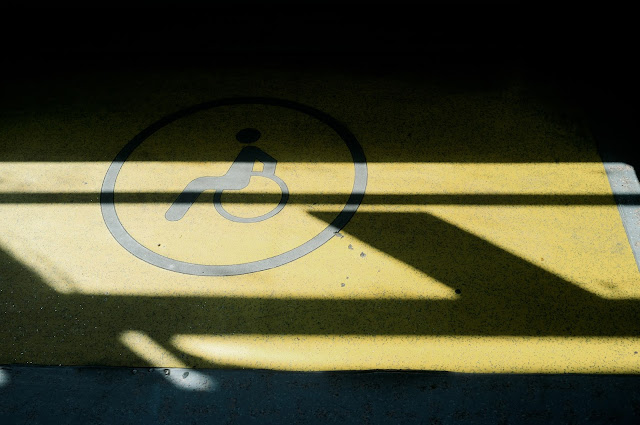Disability & Policy

Photo by Nguyen Minh Conceptualizing Disability Disability is a complex human condition. A clear categorization of disability is highly contestable as the boundaries of what constitutes disability remain blurred and changing. The medical model of disability locates the condition of disability in the individual as a pathology and adopts a diagnosis-and-treatment approach. This is questionable as disability cannot be understood without considering its social environment and cultural context of existence. From a holistic point-of-view, the role of society, culture and institutions are paramount in the disability experience as much as the mind and bodily signifiers. As such, disability is best understood in terms of a quasi-social construct and its occurrence on a continuum -- based on the nature and extent of disability. This conceptualization does not play down the need for medical assistance which may be apposite based on particular circumstances. But, it rejects the belief that prevent...



